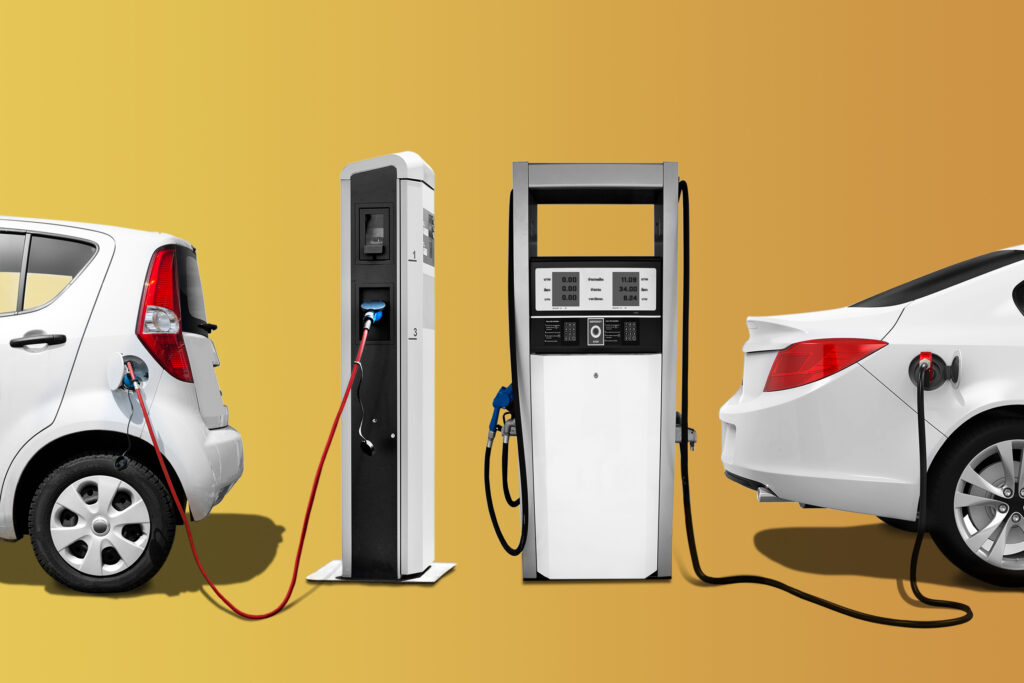Menu
Menu

Updated on Jul 2, 2023 | 5 min read
While buying an electric car and giving a thought about the environment, it always comes to mind whether it will be cost effective or not. Although the upfront cost of an electric vehicle (EV) is typically higher than a regular car, the operating costs are lower. This is because electricity is much cheaper than gasoline.
Of course, the actual cost of owning and operating an EV will vary depending on several factors, including the make and model of the car, the amount of driving you do, and the cost of electricity in your area. However, in general, EVs can be more affordable to own and operate in the long run.
Maintenance costs for electric cars vs. regular cars:
Electric vehicles (EVs) have fewer moving parts than gasoline-powered cars. This is because they do not have an internal combustion engine, which is a complex machine with many moving parts. EVs only have a few essential moving parts, such as the electric motor, the power inverter, and the battery.
The fewer moving parts an EV has, the less wear and tear there is on the components. This means that EVs require less maintenance than gasoline-powered cars. For example, EVs do not need oil changes, tune-ups, or spark plugs. They also have less brake wear because of regenerative braking.
Fuel costs for electric cars vs. regular cars:
The fuel costs for electric cars (EVs) and regular cars vary depending on several factors, including the make and model of the car, the amount of driving you do, and the cost of electricity and gasoline in your area. However, in general, EVs have lower fuel costs than regular cars.
Even though different factors affect the overall cost of fuel, electric cars cost less as electricity is cheaper than gasoline.
List price for electric cars vs. regular cars:
The upfront cost of an EV is higher than buying a regular gasoline car. This is because EVs have more expensive components such as batteries, which cost more to manufacture than the parts of a gasoline vehicle.
However, it is important to note that EVs often qualify for government incentives, such as tax credits or rebates. These incentives can significantly reduce the upfront cost of an EV.

Content Writer
© 2024 Massive Mobility Private Limited. All rights Reserved